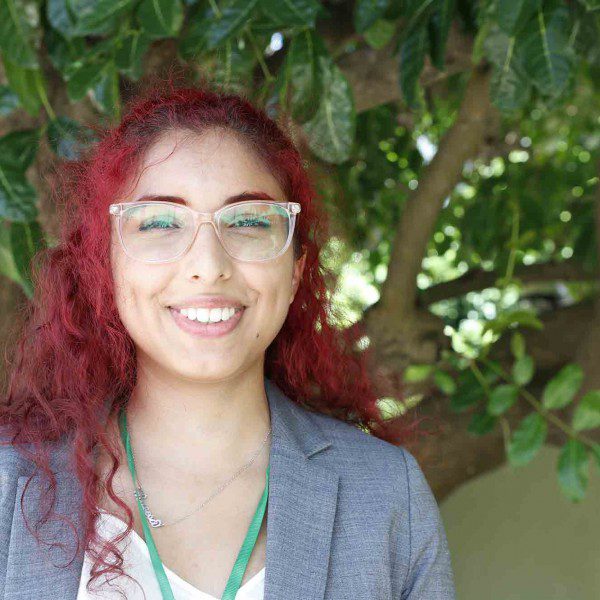

The current state of human rights in Africa
I think human rights in Africa have made strides, but there is a long way to go. There is a lot of progress that can be made. I think what I see in my work with professionals in the human rights field and through individuals who are impacted by human rights, individuals who are my own students who work within the law faculty; within the dialogue, human rights is very much still taboo sometimes within the culture and can be very easily swept under the carpet. I think if we want to make the strides that we discussed today, that is something that needs to be identified and it needs to become common rhetoric. Not in this is the ideal achievement, but what we can do on an everyday basis to make it more accepted within communities and villages within Africa.
Human rights is very much still taboo sometimes within the culture and can be very easily swept under the carpet
Who can contribute to protecting human rights in Africa?
I think of course the protection of human rights needs to start at a government level. So we look at each individual country and whether the country itself is upholding their human rights. A lot of states have signed on to different charters and signed on to different initiatives, but whether that is happening and whether that is seen in practice is a different story. And so once states start acknowledging and recognizing the need to adhere to what they have signed on to, then we can really start seeing some change and some action. I think that’s the first step, and perhaps to achieve that first step there needs to be more dialogue in the culture and more stress that it is important. And it’s difficult to achieve that and it’s tough to determine where that can come from first.
Once states start acknowledging and recognizing the need to adhere to what they have signed on to, then we can really start seeing some change
I think, as I mentioned earlier, human rights need to enter more common dialogue. Although it is common to talk about human rights and that we have the commission and different events and opportunities for individuals who are activists to be involved, it’s very often seen as something just discussed and talked about with no real action or seen change. I think the basis of improvement can start from a cultural level, from an educational standpoint. Where from a young age individuals of each state can learn what they have a right to and learn of their own human rights and this sense of injustice and fairness and what they are entitled to.
People are unaware of what they are deprived of. They are accepting their current conditions without wanting to challenge the status quo
I think because people are unaware of what they are missing out on, in a very colloquial term, people are unaware of what they are deprived of. They are accepting their current conditions without wanting to challenge the status quo. If from a younger age we instill within citizens this knowledge of what they should have, perhaps that will allow some cultural movement and dialogue that we need to spark change. If I could make a recommendation, and perhaps it is because I am a lecturer that I’m looking at education, from an educational standpoint we should ensure individuals are aware of what they could have if human rights were adhered to.
